Africa Archive
Free Newsletter
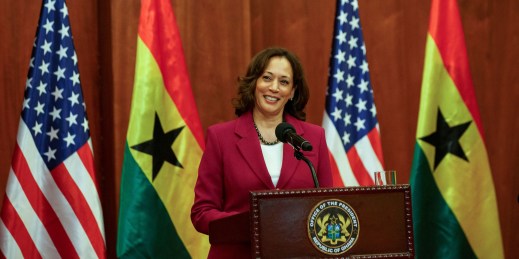
U.S. Vice President Kamala Harris is on a nine-day tour of Africa that includes stops in Ghana, Tanzania, and Zambia. But while Harris has strenuously avoided making references to Washington’s rivals, the growing competition for influence in Africa between the U.S. and China nonetheless loomed large during Harris’ tour.
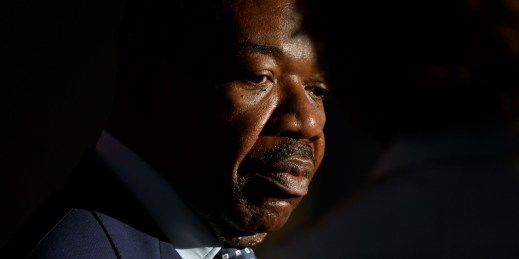
Ahead of Gabon’s general elections later this year, President Ali Bongo has engaged in a series of carrot-and-stick maneuvers designed to smooth the way for him to maintain power. But in many ways, Gabon’s electoral democracy is a thin veneer for a kinship-based political order at the center of which sits the Bongo family.
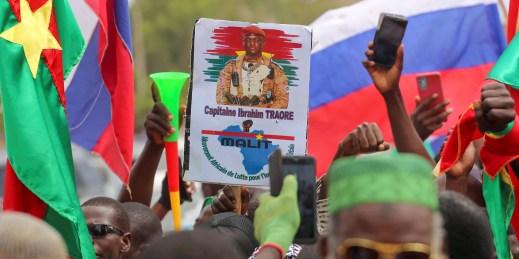
The European Union and U.S. often fixate on democratic elections as the basic foundation of political legitimacy. But in West African states such as Mali and Guinea, elections have led to contested outcomes or enabled authoritarian power grabs, profoundly unsettling the hopes of many in and outside the region for a more stable future.
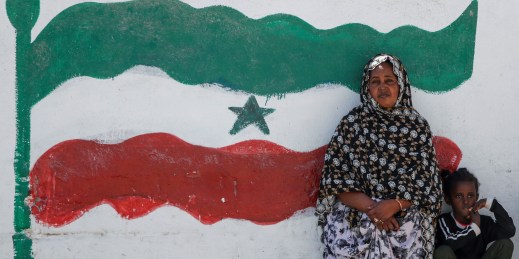
Over the course of the past decade, Somaliland’s fortunes have drastically and irrevocably changed, raising hopes that engagement with foreign powers will translate into formal recognition. Unfortunately, recent violence between security forces and a local clan in the southeast show that things are never so straightforward.
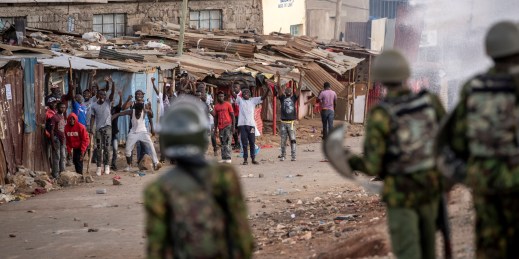
Citizens in Kenya and South Africa took to the streets this week to protest the skyrocketing cost of living and the decline in the quality of public goods and services. But the protests also raise vital questions about the limits of elections and their ability to engender broader democratic accountability.
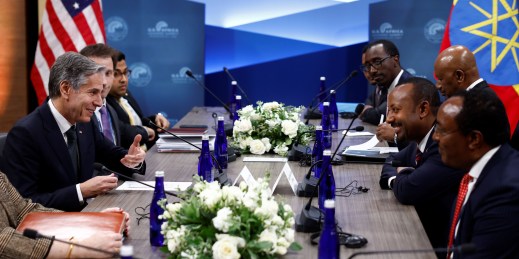
U.S. Secretary of State Antony Blinken visited Ethiopia and Niger this week, as part of Washington’s efforts to step up bilateral engagement with countries on the continent. Still, Washington’s framing of the visit is unlikely to convince skeptical African governments that the U.S. is sincere about treating them as equal partners.
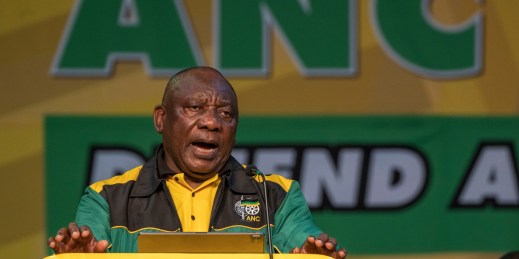
South African President Cyril Ramaphosa named a new minister this week to tackle the country’s electricity crisis as part of a Cabinet shakeup ahead of general elections next year. But many regard it as a half-hearted measure that is unlikely to produce the tangible policy reforms they argue South Africa desperately needs.
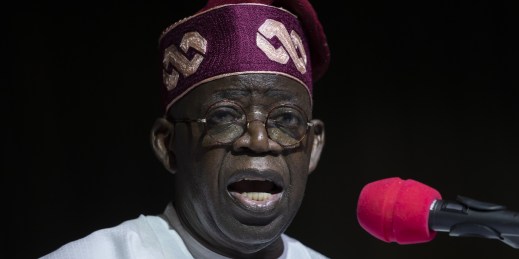
Bola Tinubu, a former governor of Lagos and the presidential candidate of the ruling All Progressives Congress, was announced as the winner of the 2023 Nigerian presidential election. But while his rivals have rejected the result, many Nigerians are hoping Tinubu does a better job in tackling the country’s many challenges.
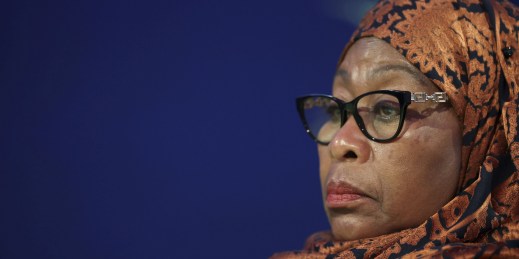
Tanzanian President Samia Suluhu Hassan and her Chinese counterpart, Xi Jinping, signed a “comprehensive strategic cooperative partnership” between the two countries late last year. But the display of diplomatic pomp at the announcement obscured the complex and often fractious partnership between the two countries.
